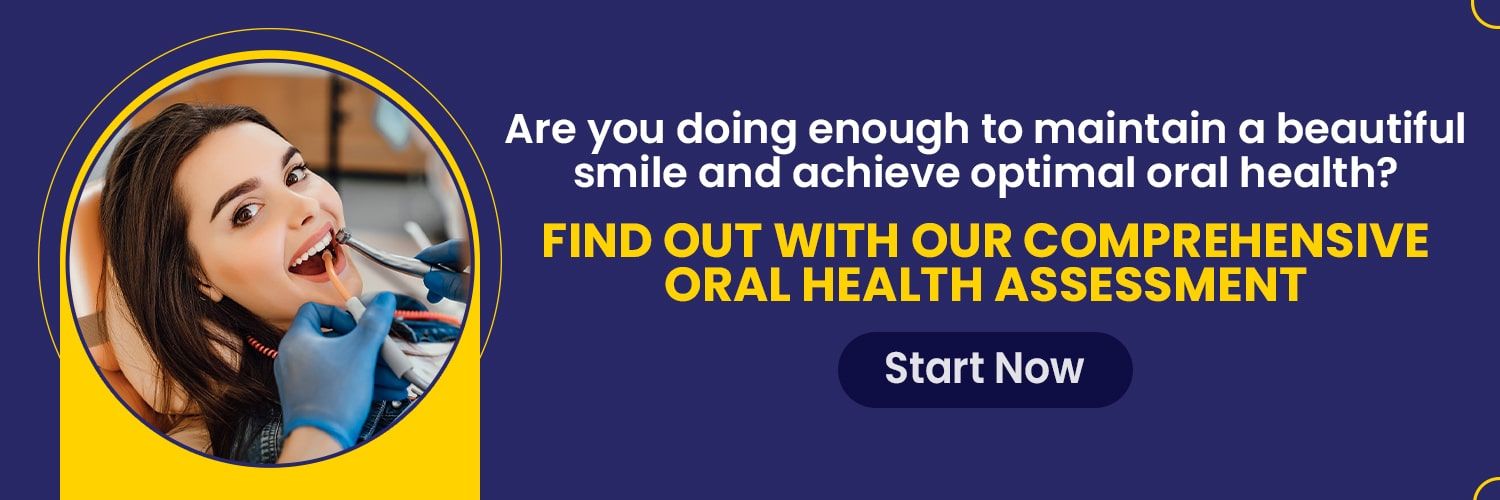5 Myths Of Dental Caries Debunked
- 3 months ago
Tooth decay, or cavities, is a problem that affects many people, no matter their age. While it’s easy to think that cavities are caused by things like not brushing your teeth enough or eating too much sugar, the truth is a bit more complicated. Over time, many myths have popped up about what causes cavities, how to prevent them, and how to treat them.
Tooth decay isn’t just about how your smile looks; it can lead to pain, infection, and even losing teeth if not properly cared for. Early detection and good dental habits are key to keeping your teeth healthy for a long time. But with all the advice, how do you know what’s true?
In this blog, we’ll clear up the top 5 myths about cavities and share the facts you need to protect your teeth. Whether you want to improve your oral care routine or are just curious about common myths, these tips will help you keep your smile healthy.

1. Myth: Only Sugar Causes Cavities
Fact: While sugar is a major contributor to cavities, it isn’t the sole culprit. Dental caries occur when oral bacteria feed on carbohydrates and produce acids that erode tooth enamel. Carbohydrates include not just sugar but also bread, pasta, rice, and even fruits.
Tip: Brush your teeth twice daily, floss regularly, and rinse your mouth after consuming sticky or carbohydrate-rich foods to reduce the risk of decay.
2. Myth: Kids Get Cavities More Than Adults
Fact: Cavities can affect anyone, regardless of age. Adults are equally susceptible, especially if they have receding gums, wear dental appliances, or consume sugary beverages like sodas and coffee frequently. Older adults may also experience root caries due to exposed tooth roots.
Tip: Regular dental checkups are essential at every age to catch early signs of decay and maintain oral health.
You may also like: Are you taking good care of your oral health?
3. Myth: If You Have Cavities, You’ll Know It
Fact: Cavities don’t always cause pain or visible damage in their early stages. A small cavity may go unnoticed until it becomes larger, causing discomfort, sensitivity, or infection. Waiting for pain to visit the dentist can lead to more extensive treatment, such as root canals or extractions.
Tip: Routine dental visits allow your dentist to detect and treat cavities early, saving time, money, and unnecessary discomfort.
4. Myth: Brushing Harder Will Prevent Cavities
Fact: Brushing harder does not mean brushing better. In fact, aggressive brushing can damage tooth enamel and irritate gums, increasing sensitivity and exposing teeth to further decay. Effective brushing is about technique, not force.
Tip: Use a soft-bristled toothbrush and brush gently in circular motions for two minutes to effectively clean teeth without causing harm.
5. Myth: Cavities Are Only Caused by Poor Oral Hygiene
Fact: While poor oral hygiene is a significant factor, it’s not the only cause. Genetics, diet, saliva composition, and even medical conditions like diabetes can influence your risk of developing cavities. People with dry mouth, for instance, are more prone to cavities because saliva helps wash away food particles and neutralize acids.
Tip: Stay hydrated, maintain a balanced diet, and address underlying health issues that may affect oral health.

How to Prevent Dental Caries?
Prevention is better than cure. Here are simple yet effective ways to avoid dental caries:
- Brush Twice Daily – Use fluoride toothpaste and ensure you brush your teeth for at least two minutes.
- Floss Daily – It removes plaque from areas your toothbrush can’t reach.
- Limit Sugary and Acidic Foods – Sugary drinks, candies, and acidic foods like citrus can weaken enamel over time.
- Drink Water Frequently – Staying hydrated helps rinse away food particles and bacteria.
- Use Mouthwash – An antibacterial rinse can help reduce plaque buildup.
Also Check: An easy guide to oral health
The Role of Fluoride in Preventing Cavities
Fluoride is often called nature’s cavity fighter. This mineral helps strengthen enamel and makes it more resistant to acid attacks. Many municipalities add fluoride to tap water, and fluoride toothpaste is widely recommended by dentists.
Key Tip: If you’re unsure about fluoride intake, consult your dentist about fluoride treatments or supplements.
How Diet Affects Oral Health?
Your diet plays a crucial role in preventing or worsening dental caries. Include these tooth-friendly foods in your meals:
- Crunchy Fruits and Veggies – Apples, carrots, and celery help clean teeth naturally.
- Dairy Products – Cheese, milk, and yogurt are rich in calcium, which strengthens enamel.
- Nuts and Seeds – These are packed with essential minerals for enamel repair.
Avoid sticky, sugary snacks, and opt for balanced meals that provide nutrients for overall dental health.
Also Read: Foods for Healthy Teeth
Final Thoughts
Understanding the facts about dental caries is the first step toward prevention. By debunking these common myths and adopting preventive measures, you can protect your teeth and maintain a healthy smile. Regular dental checkups, good oral hygiene, and a healthy diet are the best defenses against cavities.








